Swap these items to help reduce plastic pollution
Look at the five items closest to you – how many of them contain plastic? For many of us, the answer is “all of them.” And for all of us—and for our planet—that could be a big problem.
The first entirely synthetic plastic was developed by Leo Baekeland in 1907. By the end of the Second World War, plastic had become a staple component in a wide range of consumer products – everything from buckets and bottles to toys, plumbing, siding, cutlery and…well, you name it. Today plastic permeates just about every aspect of our lives, and in the process it has become a serious threat to our oceans and our wildlife.
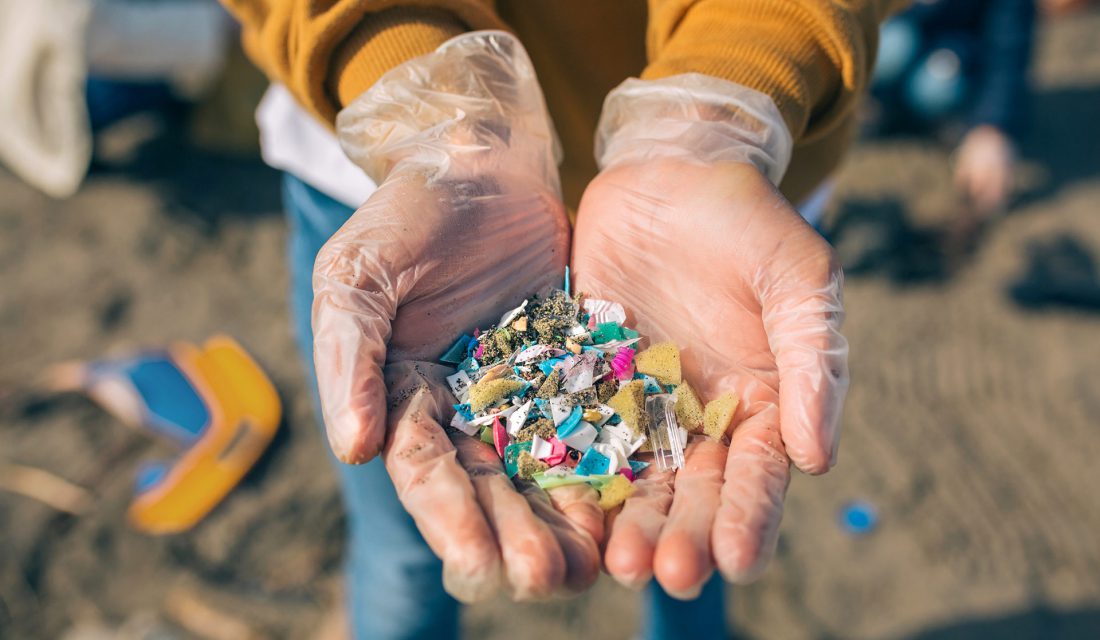
About 8 million tons of plastic waste makes its way into our oceans every year. Large plastics can break down into small pieces called microplastics, which are less than five millimetres in length (about the size of a sesame seed!). Scientists have found microplastics not only in our oceans but also in some of Canada’s remote lakes, rivers and streams. It’s been reported that close to 700 species worldwide are impacted by plastic pollution. Seabirds, sea turtles, marine mammals and fish can become painfully and often fatally entangled in plastic waste, or they can mistake plastic for food and starve.
To address plastic pollution and help conserve our oceans, freshwater and wildlife, we need to make changes on a global scale. It’s a big job, but each of us can help by reducing plastic waste in our homes, where even small efforts can make a difference. To get started, here are ten alternatives to some of the most common plastic household items. When considering them, keep in mind that many eco-friendly alternatives to plastic aren’t perfect and may contain components that aren’t biodegradable. So before purchasing an eco-friendly product, do your research to make sure it’s a suitable, biodegradable alternative to plastic. Remember to choose recycled or sustainably sourced wood, and be mindful of chemicals and dyes that can be used in some alternatives. And note that not all bamboo is created equal! Make sure any bamboo products you purchase are sustainably harvested.
Bamboo toothbrushes
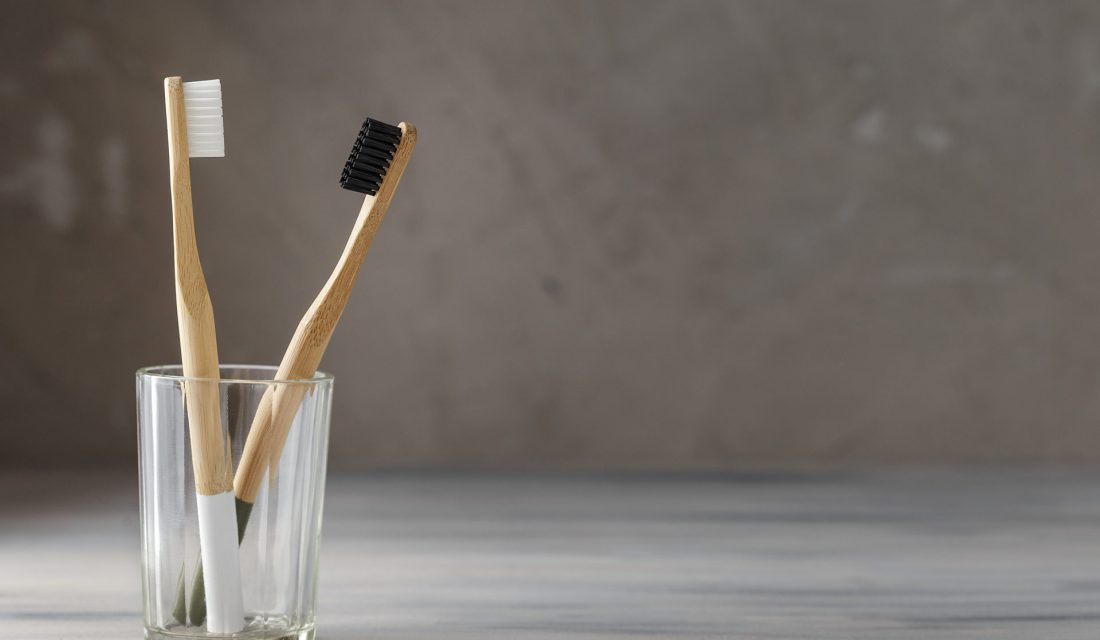 Billions of plastic toothbrushes are discarded every year, and it can take centuries for them to decompose. So, why not use a toothbrush made of 100 per cent biodegradable bamboo? Just remember that the bristles are typically nylon, so remove them before composting a brush.
Billions of plastic toothbrushes are discarded every year, and it can take centuries for them to decompose. So, why not use a toothbrush made of 100 per cent biodegradable bamboo? Just remember that the bristles are typically nylon, so remove them before composting a brush.
Wooden cutlery
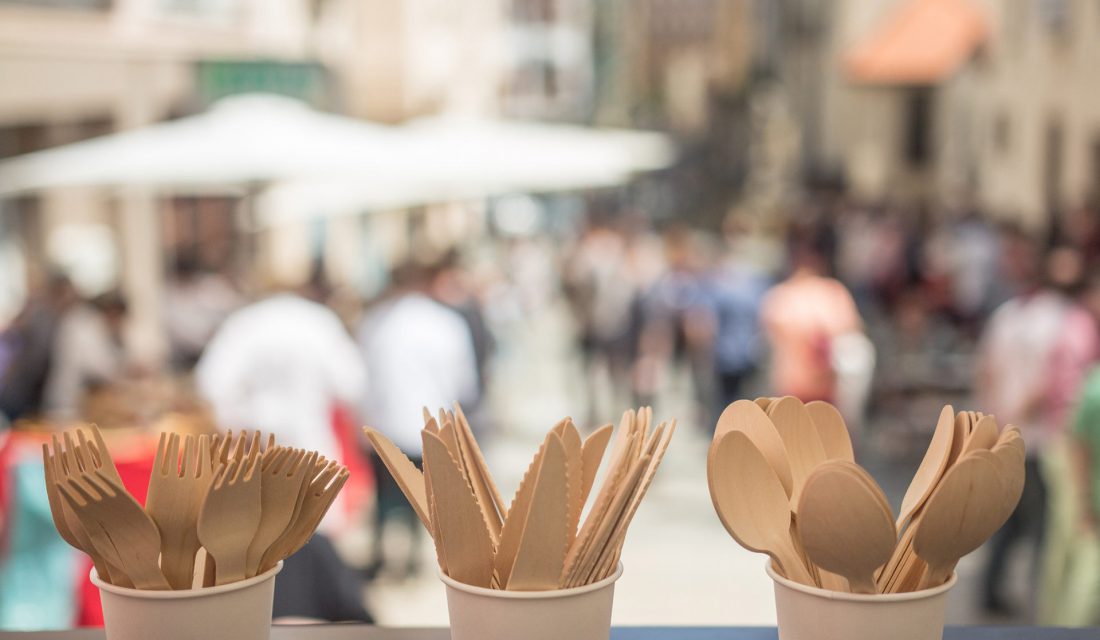
If you must use disposable cutlery for an event, choose a compostable wooden variety. Similarly, opt for leaf or bamboo cups and plates instead of plastic ones.
Wooden clothes hangers
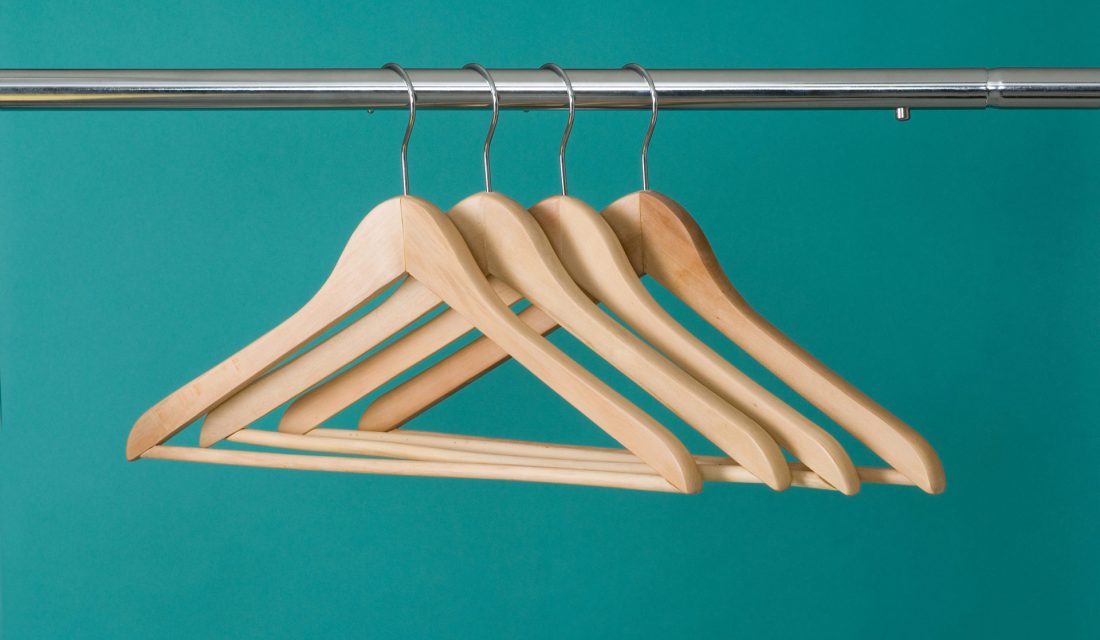
Another wood product to invest in? Hangers! Wooden and bamboo hangers can be durable and eco-friendly.
Soap, shampoo and conditioner bars
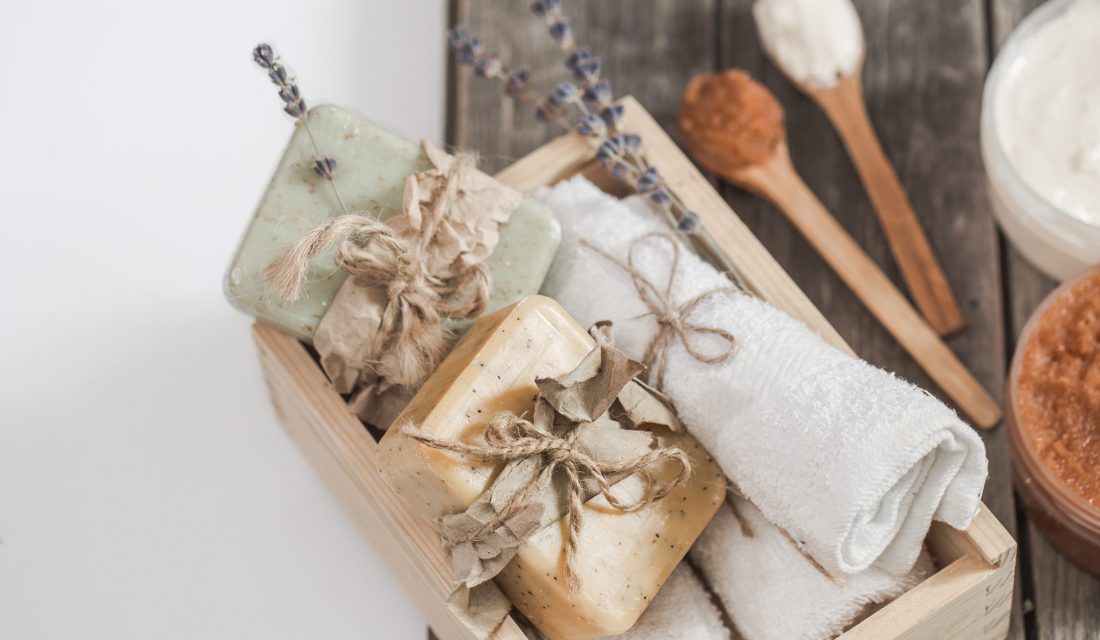
Everyone is familiar with a bar of soap – but how about a bar of shampoo or conditioner? Add water and these bars lather just as easily as soap. Retailers are increasingly offering highly rated shampoo and conditioner bars for a variety of hair types. Opting for bars with eco-friendly packaging instead of plastic bottles helps to significantly reduce household plastic waste. Another alternative is to look for stores with refill stations where you can bring in empty bottles and refill them with new product.
Stainless steel scissors
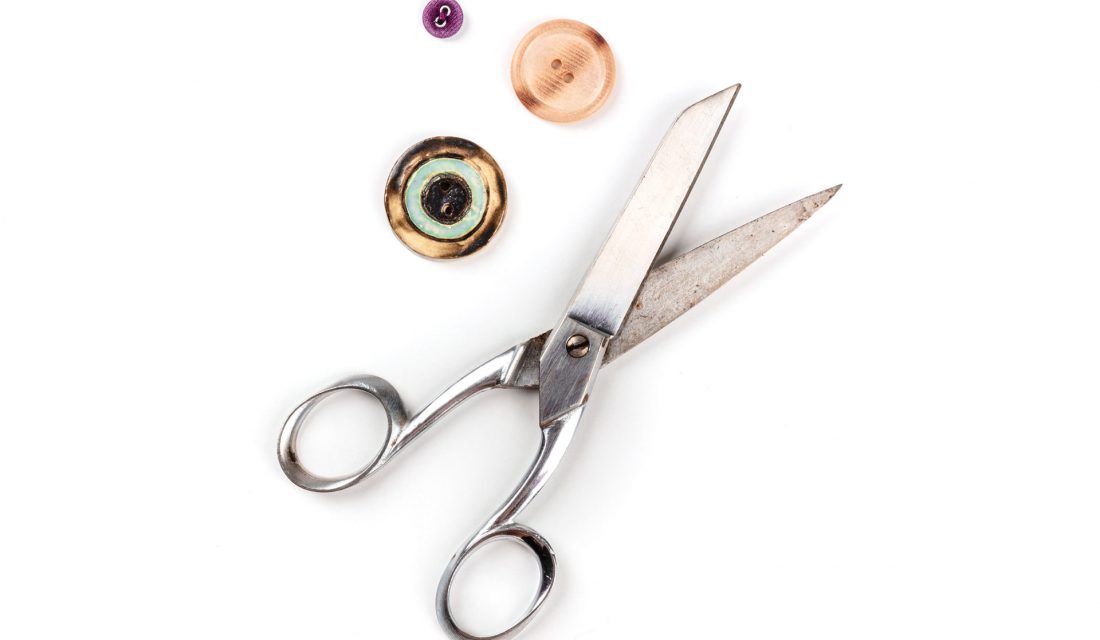
Need a new pair of scissors? Look for scissors with steel finger holes and a steel shank – a great alternative to plastic.
Eco-friendly ice cube trays

Silicone or stainless steel ice cube trays are a sustainable alternative to plastic ones, and they come in a variety of shapes and sizes.
Reusable food wraps
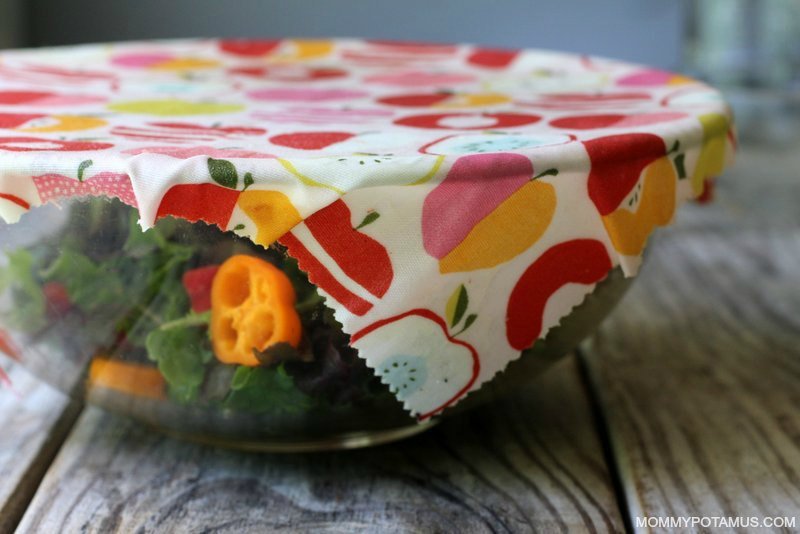
Often made of beeswax, most reusable food wraps can be washed over 100 times. And when it’s time to bring those leftovers to work or school, opt for reusable containers or cloth sandwich bags over plastic wrap.
Glass and metal straws
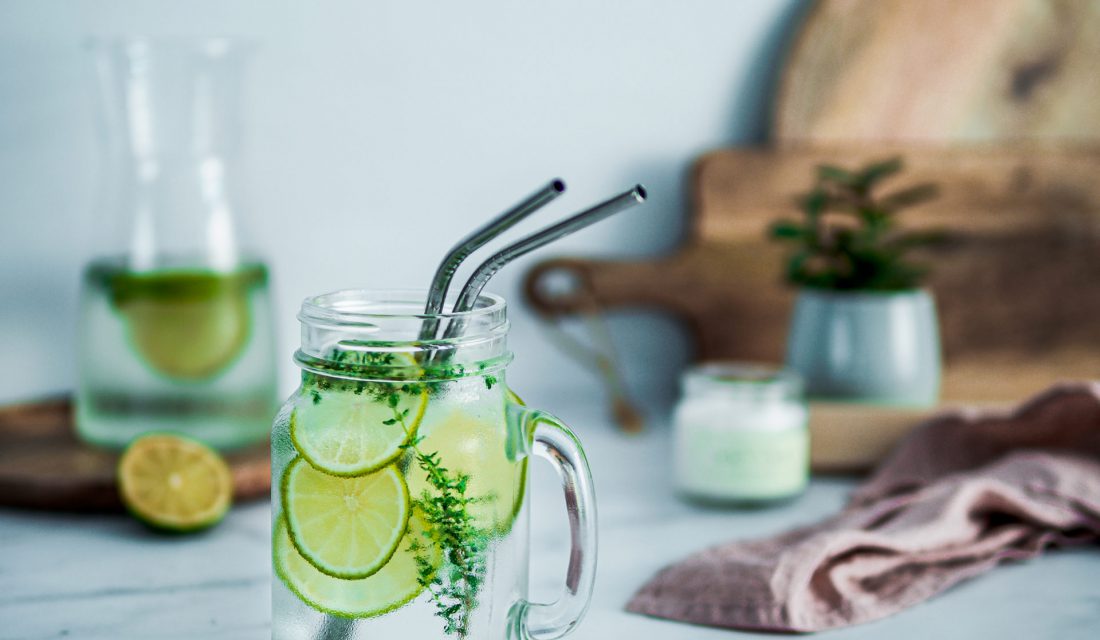
Glass and metal straws are a great addition to your cutlery drawer, but also to your bag or backpack for your next smoothie or iced coffee. Look for ones that come with a small brush for convenient cleaning.
Reusable shopping bags

This is an obvious but important one. Many people intend to use reusable shopping bags but forget them at home or in the car. A good solution? Look for reusable bags that fold into themselves and can easily be carried around in your bag or hung from your keychain.
Eco-friendly shower curtains

Most shower curtains are just large sheets of plastic. As an alternative, look for organic cotton, hemp or bamboo curtains.


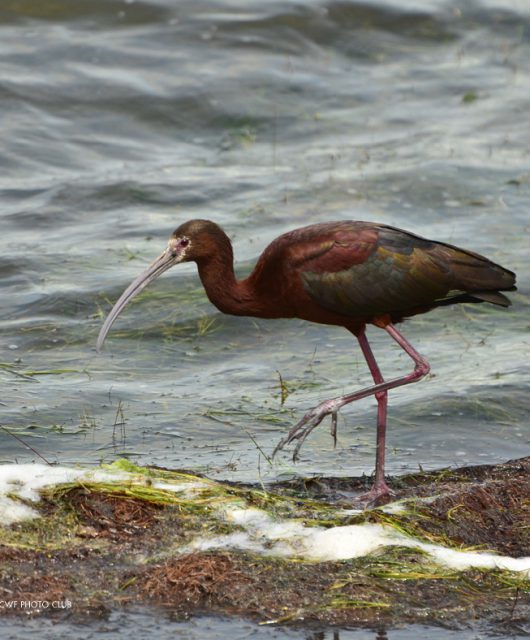
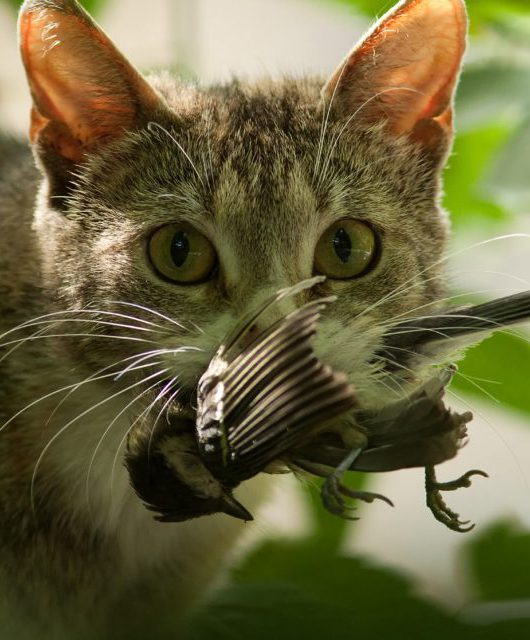

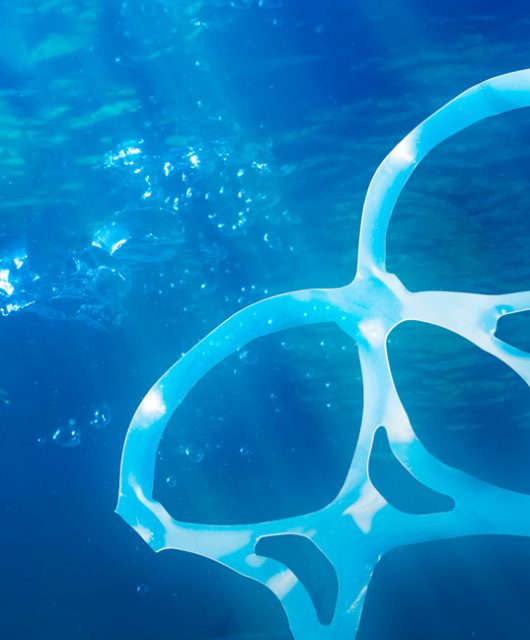
9 comments
Love your ideas for reducing household plastic. I do each one myself but it’s so hard to convince others to do the same, especially seniors who would rather get a ‘deal’ since plastic is cheaper, than spend a few extra nickles. That’s just my experience. I imagine people from all age groups need to make these changes. Thanks so much.
Some excellent ideas. Since nearly everyone uses plastics, how do we reach a wide audience?
Since we are so accustomed to plastics I believe we need some strong motivators. Even climate change hasn’t modified peoples behaviour.
1) My last plastic shower curtain lasted over 20 years and survived a number of cleanings and repairs. I don’t feel guilty about that at all. 2) I consider glass straws to be insanely dangerous. Metal straws less so. I purchased some sturdy, washable, permanent plastic straws and a slim brush with which to clean them. Thorough washing is a necessity. 3) A good way to remember one’s re-usable shopping bags is to make oneself make an extra trip out to the car to retrieve them. 4) I wrote to a manufacturer of toothbrushes suggesting that the toothbrush handles be retained and the old splayed bristles should be replaced with screw-on brush heads but there was no response.
Do all of the suggested tips but did not know about the reusable food wraps so next on my agenda. Thanks
I go shopping with cardboard boxes which have holes for my fingers. Everything fits good in them and I have been using the same ones for years. I have 3 different sizes in the car and they stack into each other/
All excellent suggestions …. I already incorporate most of them, others don’t apply to my lifestyle. (Who needs a straw, besides the ill, or physically challenged?) Vancouver just banned plastic shopping bags, straws and cutlery: if they can do it, why can’t all levels of government? What is it going to take to convince government and industry to move? The lowly consumer is always left to carry the burden of guilt and action.
Bulk food stores (ie Bulk Barn in Canada) will allow you to fill up your own jars/containers from home. Just weigh them at the till before you fill them, no plastic bags required!
Instead of using those flimsy, single use plastic bags in the grocery for fruit, I use a nylon bag with a drawstring. Bar codes are visible to the cashier. Some called Tazy Totes were sold quite a few years ago in Metro grocery stores, but they are no longer available, so I made some myself from sheer nylon curtain fabric to give to friends. I have them in my grocery bags which are unfortunately also plastic; but they last a long time.
households are really small players in this. Have you ever seen the amount of plastic thrown away on a construction site? Insulation is wrapped in plastic, unwrapped and enormous amounts thrown away. All the buckets and plastic containers on one job site is more than I could ever save from the landfill in one lifetime. The industry is the most wasteful. All decisions are made with the bottom line and time lines being far more important than the environment.